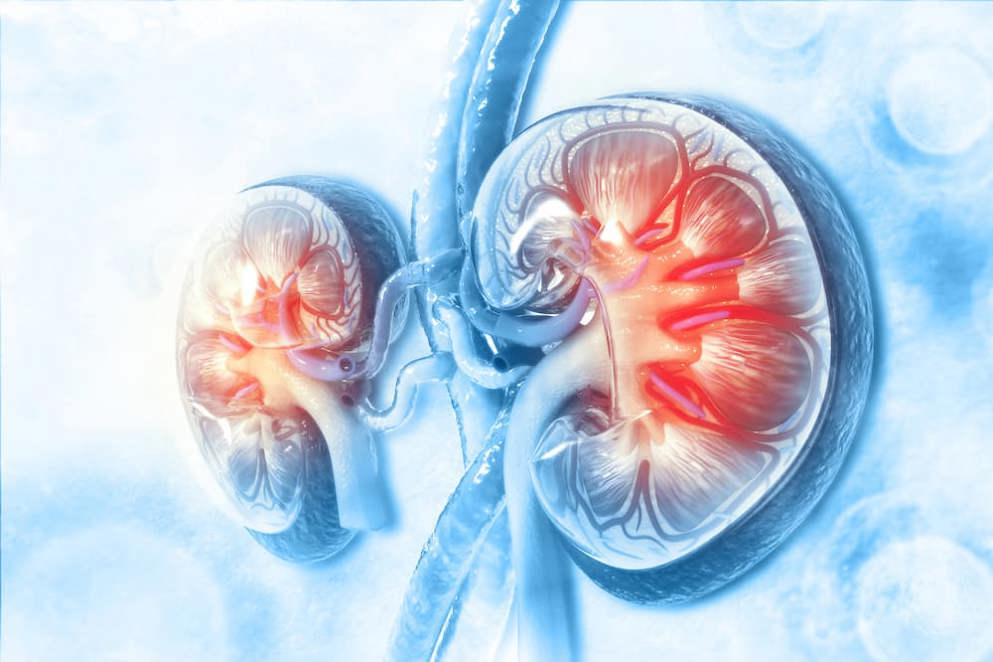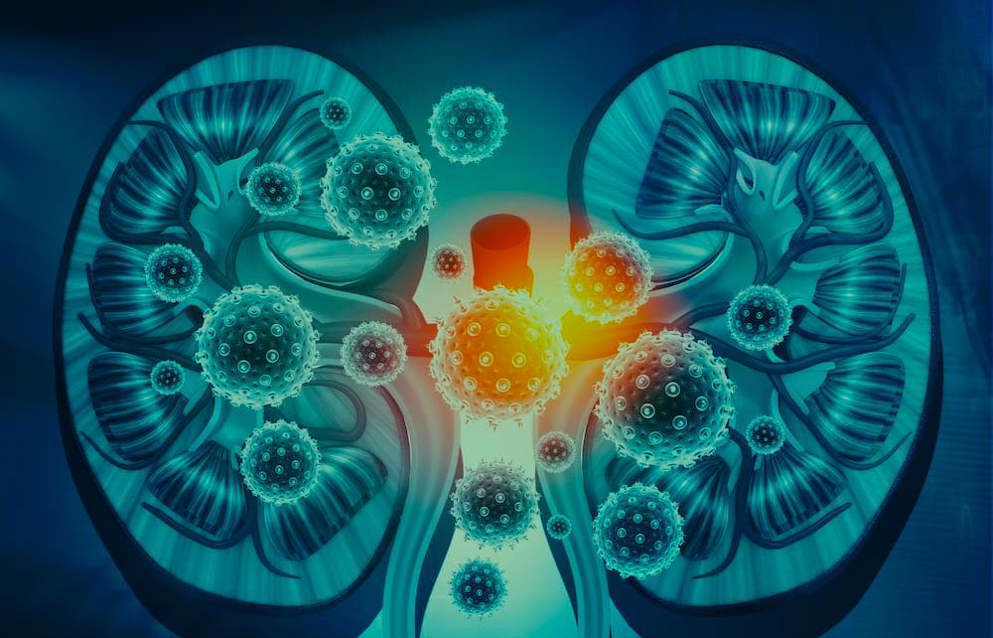Health-related quality of life in CKD Patients: correlates and evolution over time
Health-related quality of life in CKD Patients: correlates and evolution over time
Background and objectives: Very few large-scale studies have investigated the determinants of health-related quality of life (HRQOL) in chronic kidney disease (CKD) patients not on dialysis or the evolution of HRQOL over time.
Design and setting: A prospective evaluation was undertaken of HRQOL in a cohort of 1186 CKD patients cared for in nephrology clinics in North America. Baseline and follow-up HRQOL were evaluated using the validated Kidney Disease Quality Of Life instrument.
Results: Baseline measures of HRQOL were reduced in CKD patients in proportion to the severity grade of CKD. Physical functioning score declined progressively with more advanced stages of CKD and so did the score for role-physical. Female gender and the presence of diabetes and a history of cardiovascular co-morbidities were also associated with reduced HRQOL (physical composite score: male: 41.0 +/- 10.2; female: 37.7 +/- 10.8; P < 0.0001; diabetic: 37.3 +/- 10.6; nondiabetic: 41.6 +/- 10.2; P < 0.0001; history of congestive heart failure, yes: 35.4 +/- 9.7; no: 40.3 +/- 10.6; P < 0.0001; history of myocardial infarction, yes: 36.1 +/- 10.0; no: 40.2 +/- 10.6; P < 0.0001). Anemia and beta blocker usage were also associated with lower HRQOL scores. HRQOL measures declined over time in this population. The main correlates of change over time were age, albumin level and co-existent co-morbidities.
Conclusions: These observations highlight the profound impact CKD has on HRQOL and suggest potential areas that can be targeted for therapeutic intervention.
Read abstract on library site Access full article




